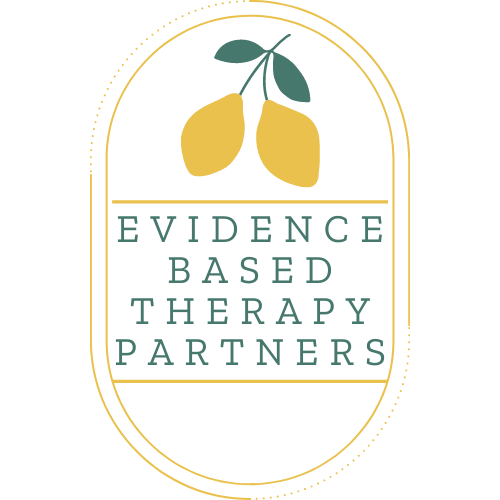
“If you don’t have any shadows, you’re not in the light.”
—Lady Gaga
Self Harm
Self harm, also known as non-suicidal self-injury (NSSI), including cutting, burning, or any self-inflicted tissue damage, is a behavior commonly associated with emotion dysregulation and borderline personality disorder.
When environmental demands outstrip one’s coping abilities, they often reach for behaviors that regulate emotion, one of the most common of which is self harm. In that way, self-injury is considered to be maladaptive coping strategy. Self harm can also serve the function of communicating distress and eliciting care from others, or validating to oneself how painful things are.
Self harm is associated with higher rates of suicidal behavior. In addition, self harm leads to frequent hospitalizations and can interfere with relationships, employment, and self-image. Individuals with a history of self harm often benefit from Dialectical Behavior Therapy (DBT) but other treatments may also be considered.
Reach Out
If you, or someone you know, engages in self harm, it is important to seek treatment immediately. These conditions are treatable and you have every reason to hope that with the right help, people can learn to cope, can overcome obstacles, can think differently.
“The past exists only in our memories, the future only in our plans. The present is our only reality.”
—Robert Pirsig


